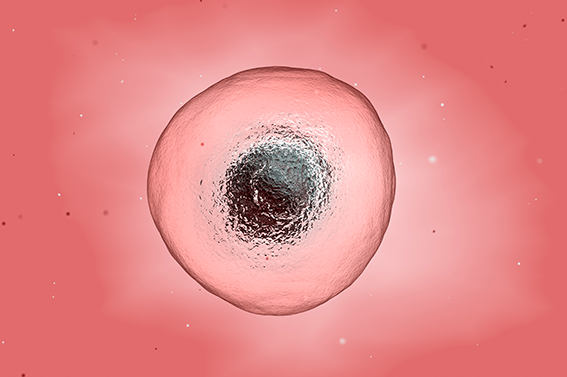El investigador Young Zhao, del University Medical Center de Hackensack (Estados Unidos), ha presentado hoy en Barcelona el «Stem Cell Educator», el primer estudio clínico para tratar la diabetes con células madre del cordón umbilical.
Zhao ha presentado su estudio esta tarde durante el 13º Congreso de la Asociación Catalana de Diabetes que se celebra entre hoy y mañana en el Centro de Convenciones Internacionales de Barcelona.
El estudio es el primero que se ha hecho para investigar un posible tratamiento para la diabetes tipo 1. El tratamiento que propone el doctor Zhao es separar las células del sistema inmunitario del paciente (los linfocitos) que atacan las células productoras de insulina y ponerlas en un cultivo con células madre procedentes del cordón umbilical.
De esta manera, Zhao ha explicado que esperan que las células madre ‘reeduquen’ los linfocitos del paciente para que dejen de atacar a las células productoras de insulina, y después del cultivo volver a inyectar los linfocitos en el paciente.
En el congreso también ha participado la doctora Fàtima Bosch, del Centro de Biotecnología Animal y de Terapia Genética de la Universidad Autónoma de Barcelona, que ha presentado los últimos estudios en terapia génica con la que se ha conseguido curar la diabetes en perros.
Los expertos también han explicado los últimos avances en el tratamiento de las complicaciones de la diabetes, las últimas técnicas quirúrgicas, el papel de las nuevas las nuevas tecnologías en los tratamientos y los últimos fármacos desarrollados para combatir la diabetes.
FUENTE: El Periódico (5/3/2015)
ENGLISH VERSION:
The researcher Zhao from University Medical Center in Hackensack (United States), presented today in Barcelona the "Stem Cell Educator", the first clinical study to treat diabetes with stem cells from umbilical cord.Zhao has presented his study this afternoon during the 13th Congress of the Catalan Association of Diabetes held today and tomorrow at the International Convention Center of Barcelona.
The study is the first that has been done to investigate a possible treatment for type 1 diabetes. The treatment proposed by Dr. Zhao is separate cells from the patient's immune system (lymphocytes) that attack the insulin-producing cells and put them into cultivation stem cells from the umbilical cord.
Thus, Zhao explained that hope that stem cells 're-educate' the patient's lymphocytes to stop attacking the insulin-producing cells, and after culturing lymphocytes re-injected into the patient.
The congress has also participated the Dr. Fatima Bosch, Center for Animal Biotechnology and Gene Therapy at the Autonomous University of Barcelona, who presented the latest research in gene therapy that has been achieved cure diabetes in dogs.
The experts also discussed the latest developments in the treatment of complications of diabetes, the latest surgical techniques, the role of new technologies in new treatments and the latest drugs developed to combat diabetes.
